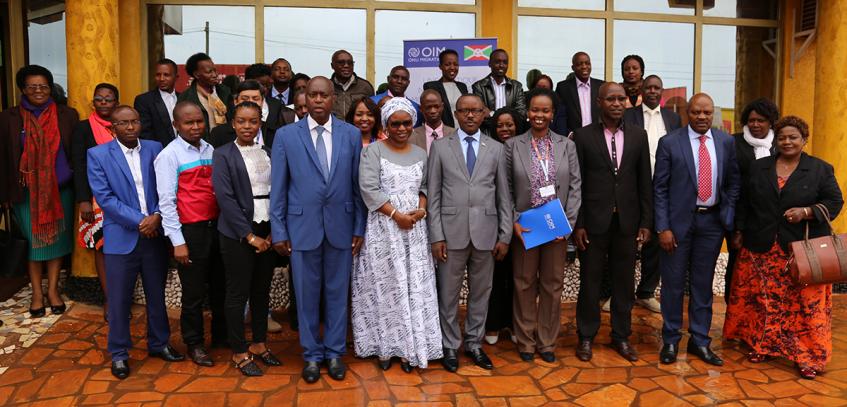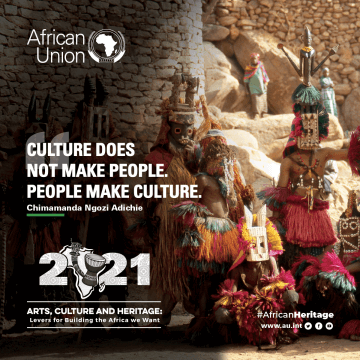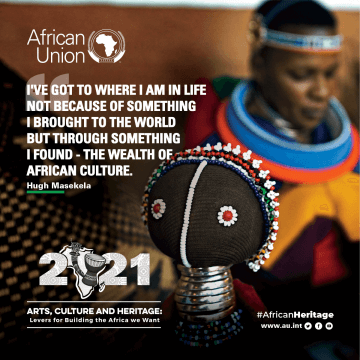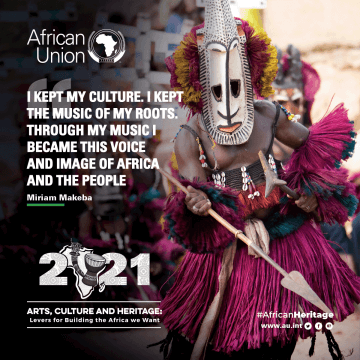Bujumbura – The International Organization for Migration (IOM) in Burundi is strengthening the capacity of Burundian authorities as they prepare to negotiate bilateral labour migration agreements with Gulf States and other destination countries that receive Burundian migrant workers.
The signing of these agreements will help to strengthen the protection of migrant workers in destination countries and combat human trafficking: Burundian migrant workers, especially women, are often discriminated against and vulnerable to exploitation. Since 2018, IOM and partners have identified nearly 400 cases of women recruited for domestic work in the Gulf countries who suffered physical, psychological and sexual abuse, and often lacked the means to return home.
A two-day training last week in Gitega funded by the IOM Development Fund allowed national authorities to become familiar with the concepts, terminology and tools needed to negotiate bilateral labour migration agreements. The project targets national partners in key ministries, trade unions, employers' associations, private recruitment agencies and civil society organizations.
“These agreements would work well for both the migrants and the employers; it would regulate the period before, during and after employment,” Benjamin Nkeshimana, Director General of Labour and Employment within the Ministry of Public Service, Labour and Employment told attendees.
“Work conditions should be decent during the period of activity, but also in retirement. By this, I mean the provision of social security and its transferability to their country of origin so that they can continue their well-being when they return to Burundi and during retirement.”
IOM has been working with the Government of Burundi since 2007 to support effective, efficient and responsible migration governance, as well as the safe, orderly and dignified migration and mobility of people.
“At IOM, we aim to contribute to the development of comprehensive guidance for safe, orderly and dignified labour migration through bilateral labour migration agreements, among others,” said IOM Burundi Chief of Mission AJ Morgen.
“This is a tangible step towards the effective implementation of the GCM and targets 8.8 and 10.7 of the Sustainable Development Goals.”
This project will enable the Government of Burundi to implement one of the recommendations of the comparative study validated in March 2019 on the free movement of workers in the East African Community (EAC). The study, covering Burundi, Kenya, Rwanda and Tanzania, recommends that all partner countries develop and adopt open and transparent labour migration policies and laws, based on the best practices of the African Union framework, and recommendations from ILO and the United Nations.
“If we can offer [the youth] possibilities to find paid employment in a well-structured environment abroad, it would be great,” said Chantal Ntima, Director of the Entrepreneurship Department at ADISCO, a local non-governmental organization which helps Burundian youth to enter the job market.
“It would be a new opportunity that I could offer to young people, if the legal framework exists and has been well negotiated and validated by the Government of Burundi,” she added.










